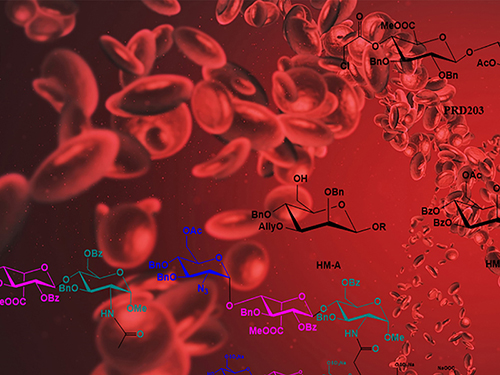
Synthetic Saccharides.
Synthetic Heparinoids
Synthetic Biologically significant Oligosaccharides.
Custom Synthesis.
Process developments and Scale ups.
Carbohydrate Characterization.
NMR assignments of complex Heparinoids.

Synthetic Saccharides.
Synthetic Heparinoids
Synthetic Biologically significant Oligosaccharides.
Custom Synthesis.
Process developments and Scale ups.
Carbohydrate Characterization.
NMR assignments of complex Heparinoids.